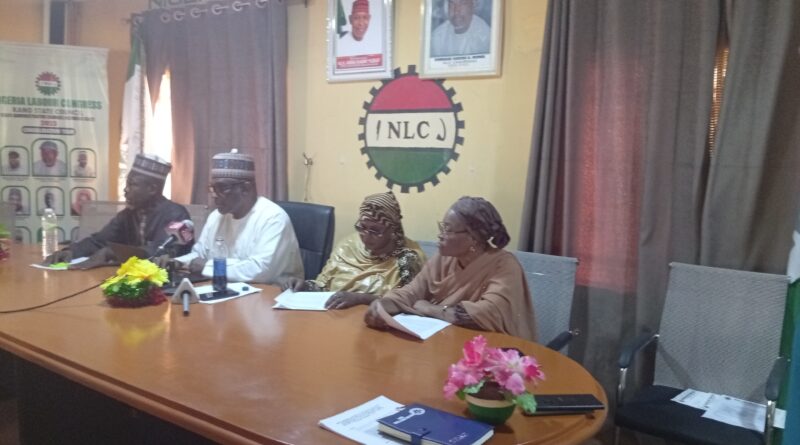Civil Society Groups in Kano Urge Government to Scrap Controversial NGO Profiling Committee
The League of Civil Society Organizations in Kano State (LCSOK) has called on the Kano State Government to immediately dissolve the recently established NGO Profiling Committee, citing concerns over constitutional rights, governance, and the future of civil society in the state.
During a press conference held at the NIC Secretariat in Kano on Saturday, LCSOK condemned the committee’s creation, arguing that it threatens the independence of NGOs and poses risks of abuse due to its sweeping powers. The committee has been mandated to profile NGOs, investigate their funding sources, assess operational methods, and recommend regulatory frameworks — powers LCSOK claims could be used to suppress dissenting voices and stifle advocacy.
“The government’s justification of aligning NGO activities with the state’s ‘development goals’ and ‘moral and religious values’ is vague and open to misuse,” stated a spokesperson for LCSOK. “This creates an atmosphere of fear and uncertainty, undermining the vital work NGOs do for our communities.”
Questionable Leadership and Conflicts of Interest
Central to LCSOK’s concerns is the appointment of Hon. Ibrahim Abdullahi Waiya, the Commissioner for Information and Internal Affairs, as chair of the committee. Citing his controversial past with the Kano Civil Society Forum (KCSF), the league alleges a clear conflict of interest. Hon. Waiya, who served as KCSF’s Interim President for seven years without holding elections, faces allegations of financial impropriety and is embroiled in ongoing legal disputes with the KCSF’s elected leadership.
“Placing an individual with such a history at the helm of a committee meant to ensure transparency is deeply troubling,” the spokesperson added. “It raises questions about the government’s commitment to fairness and accountability.”
A Redundant and Wasteful Initiative
LCSOK also criticized the new committee as an unnecessary duplication of existing regulatory structures. Federal laws such as the Companies and Allied Matters Act (CAMA) 2000, the National Planning Commission Act 1993, and the EFCC’s SCUML regulations already provide mechanisms for NGO oversight. In Kano State, agencies like the Directorate for Donor Coordination already handle such responsibilities.
“This committee is not only redundant but also a drain on public resources,” said LCSOK. “It reflects a lack of understanding of the existing frameworks that already ensure NGO accountability.”
Demands and Next Steps
The League outlined a series of demands, calling for:
1. The immediate dissolution of the NGO Profiling Committee.
2. A public commitment to respect the independence of civil society organizations.
3. A shift from unilateral government action to meaningful dialogue with civil society.
4. Transparent accountability practices for all stakeholders, including government officials.
5. An end to bureaucratic duplication and resource waste.
LCSOK vowed to intensify public awareness campaigns and advocacy efforts to safeguard the rights of civil society groups in Kano. “We are committed to protecting civic space and will not allow this ill-conceived initiative to undermine our work,” the spokesperson concluded.
The press conference ended with a call for concerned citizens to join the movement in defending civil liberties and promoting transparent governance in Kano State.





